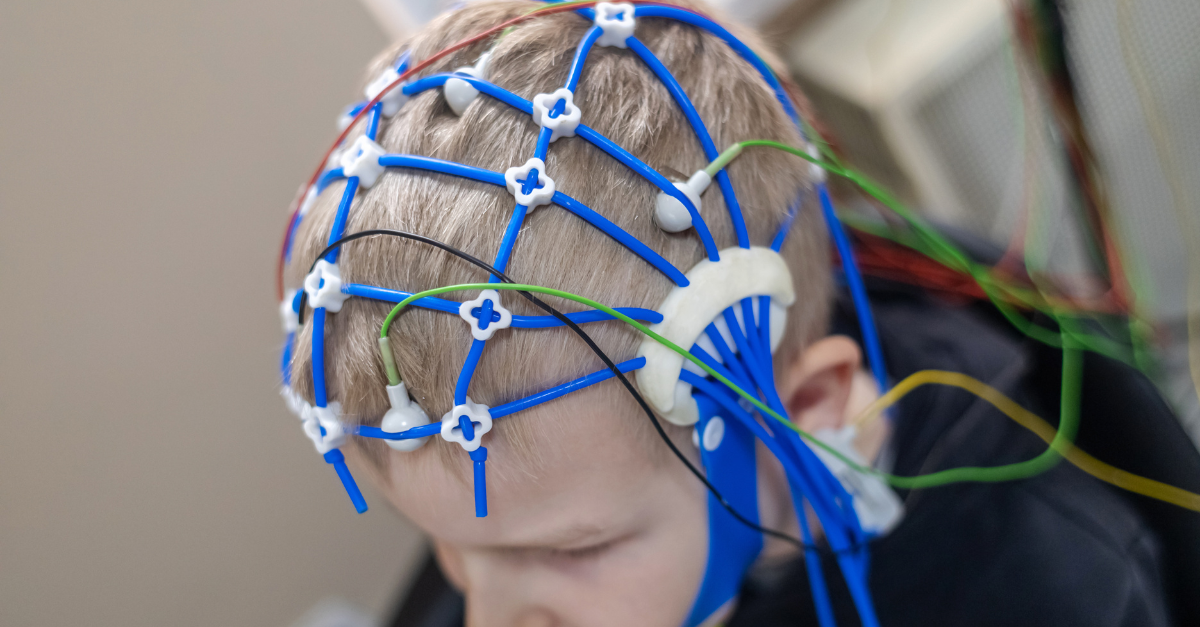Neurological disorders affect millions of people worldwide, often leaving patients and families searching for effective treatment options beyond traditional symptom management. Conditions such as Parkinson’s disease, Alzheimer’s, multiple sclerosis, ALS, and autism spectrum disorders can dramatically impact quality of life, limiting mobility, cognition, and independence. However, a groundbreaking approach is emerging that offers genuine hope for recovery and improved function: stem cell therapy.
The Promise of Regenerative Medicine for the Brain
The central nervous system has historically been considered incapable of significant repair once damaged. Unlike other organs that can regenerate tissue, the brain and spinal cord have limited natural healing capacity. This reality has made neurological disorders particularly challenging to treat, with most conventional therapies focused on slowing progression rather than reversing damage.
Neurological disorders stem cells therapy represents a paradigm shift in how we approach brain health. These specialized treatments work by introducing healthy, regenerative cells directly into affected areas, where they can reduce inflammation, protect existing neurons, and potentially generate new neural connections. The approach targets the underlying mechanisms of neurological damage rather than merely addressing symptoms.
Understanding Mesenchymal Stem Cells in Neurological Treatment
At the heart of modern neurological stem cell therapy are mesenchymal stem cells, remarkable cells capable of transforming into various tissue types including neurons, glial cells, and supporting structures essential for brain function. These cells possess unique properties that make them particularly effective for neurological applications.
Mesenchymal stem cells work through multiple mechanisms when treating neurological conditions. They secrete neurotrophic factors that protect existing neurons from further damage, reduce harmful inflammation that contributes to disease progression, and create an environment conducive to neural repair and regeneration. Additionally, these cells can migrate to areas of injury or disease, making them highly targeted therapeutic agents.
Research has demonstrated the potential of these cells across various neurological conditions. In Alzheimer’s disease, they may help regenerate neural connections and slow cognitive decline. For Parkinson’s patients, the cells can support dopamine production and improve motor control. In multiple sclerosis, they work to halt autoimmune attacks while promoting myelin regeneration, the protective coating around nerve fibers.
Panama’s Leadership in Neurological Stem Cell Innovation
Panama stem cells therapy has gained international recognition for its advanced protocols and comprehensive patient care. The country has positioned itself as a global hub for regenerative medicine, attracting patients from around the world who seek cutting-edge treatments unavailable in their home countries.
What sets Panama apart in neurological care is the integration of advanced medical technology with personalized treatment approaches. Clinics specializing in neurological disorders stem cells panama therapy employ multidisciplinary teams including neurologists, rehabilitation specialists, and nutritionists to provide holistic support throughout the treatment journey.
The patient experience in Panama extends beyond medical intervention. State-of-the-art facilities offer luxury accommodations and VIP services, recognizing that comfort and reduced stress contribute significantly to healing outcomes. This comprehensive approach ensures that patients and their families feel supported during what can be an emotionally challenging time.
Conditions Treated and Patient Outcomes
Neurological disorders stem cells panama therapy addresses a wide spectrum of conditions. Autism spectrum disorders often show improvements in communication, social skills, and behavioral patterns. ALS patients may experience preserved motor function and slowed disease progression. Stroke survivors frequently see enhanced recovery of speech, movement, and cognitive abilities.
Multiple sclerosis patients report reduced relapse rates and improved mobility after treatment. Those with traumatic brain injuries often experience enhanced cognitive function and reduced neurological deficits. The regenerative properties of mesenchymal stem cells make them valuable across this diverse range of neurological challenges.
Accessibility and Affordability
One of the most significant advantages of seeking treatment in Panama is access to affordable stem cell therapy without compromising quality. Treatment costs typically range from $5,000 to $25,000, often representing savings of 30-50% compared to similar therapies in the United States or Europe.
This affordability makes advanced neurological treatments accessible to families who might otherwise be unable to afford cutting-edge care. The transparent pricing structure includes comprehensive services from initial evaluation through follow-up care, ensuring patients understand exactly what their investment covers.
Looking Forward: The Future of Neurological Care
As research continues to advance, the potential for neurological disorders stem cells therapy continues to expand. Panama’s commitment to innovation ensures that patients have access to the latest protocols and treatment refinements as they become available.
For individuals and families affected by neurological disorders, stem cell therapy in Panama represents more than just a treatment option—it offers renewed hope for recovery, improved quality of life, and the possibility of regaining independence that seemed lost to disease.


